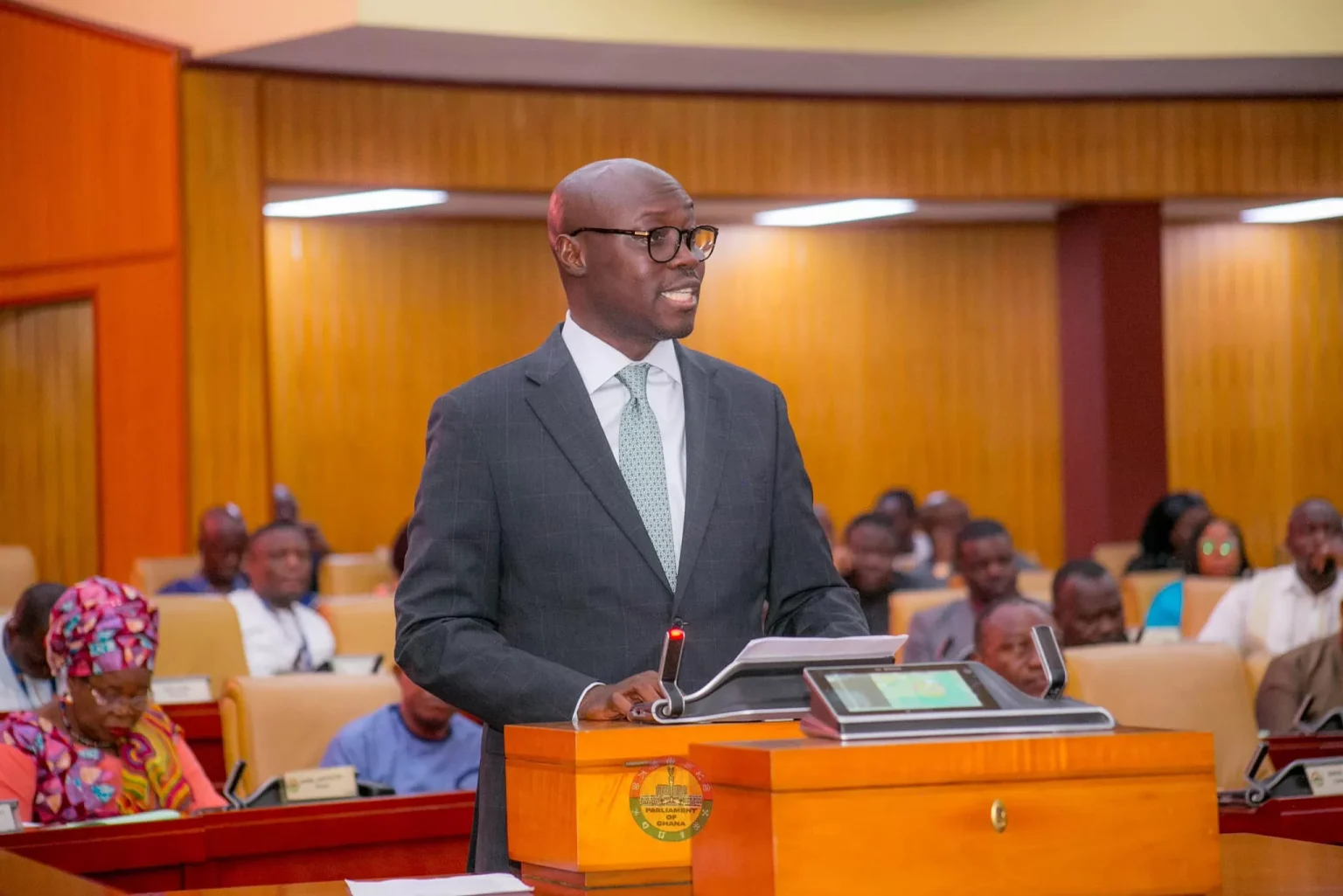The ongoing legal battle involving Minority Leader Dr. Cassiel Ato Forson has ignited a heated debate about the intersection of politics and justice in Ghana. Dr. Forson vehemently denies the charges against him, which relate to an ambulance procurement deal, characterizing them as a politically motivated attempt to silence his criticism of the government’s economic policies. He argues that the timing of the charges, coinciding with his vocal opposition to the controversial e-levy policy, strongly suggests political retribution. This case raises fundamental questions about the fairness and impartiality of the judicial system, especially when applied to prominent political figures. Dr. Forson’s defense asserts that his prosecution is a calculated strategy to suppress dissent and undermine the opposition’s role in holding the government accountable.
Dr. Forson’s accusations directly implicate Attorney General Godfred Yeboah Dame, whom he accuses of orchestrating a campaign of “malicious prosecution.” He alleges that the Attorney General is using his office to pursue a partisan agenda, specifically targeting Dr. Forson for his outspoken critiques of government policies, particularly the e-levy. This claim underscores the potential for the judicial system to be manipulated for political gain, a concern that resonates beyond this specific case and speaks to broader issues of democratic governance and the rule of law. The perception of politically motivated prosecutions can erode public trust in the justice system and create an environment of fear and intimidation for those who dare to challenge the ruling power.
The ambulance procurement deal at the center of this legal controversy is presented by the prosecution as evidence of wrongdoing on the part of Dr. Forson. However, Dr. Forson maintains his innocence, asserting that the charges are fabricated and lack any factual basis. He portrays himself as a victim of a politically motivated witch-hunt, designed to discredit him and weaken the opposition’s ability to effectively scrutinize the government’s actions. This clash of narratives highlights the importance of a thorough and impartial investigation to determine the truth of the matter. It also underscores the need for transparency and due process to ensure that justice is served, regardless of political affiliations.
The timing of the charges against Dr. Forson, coinciding with his public opposition to the e-levy, fuels his argument that the prosecution is politically motivated. The e-levy, a tax on electronic transactions, generated significant controversy and public debate, with Dr. Forson being one of its most vocal critics. He argues that his prominent role in opposing this policy made him a target for retaliation by the government. This raises concerns about the potential chilling effect such actions could have on free speech and political dissent. If politicians fear prosecution for expressing their views, it could undermine democratic discourse and create an environment of self-censorship.
Dr. Forson’s case has become a focal point for broader discussions about the state of democracy and the rule of law in Ghana. His supporters see his prosecution as part of a larger pattern of government attempts to stifle dissent and consolidate power. They argue that the government is increasingly using legal mechanisms to silence its critics and suppress opposition voices. This narrative raises important questions about the balance of power between the government and the opposition, and the role of the judiciary in safeguarding democratic principles. The independence and impartiality of the judicial system are crucial for upholding the rule of law and ensuring that all citizens, regardless of their political views, are treated fairly under the law.
The outcome of Dr. Forson’s case will have significant implications, not only for his political career but also for the broader political landscape in Ghana. A conviction could be interpreted as a victory for the government and a validation of its narrative. Conversely, an acquittal could bolster Dr. Forson’s claims of political persecution and strengthen the opposition’s position. Beyond the immediate legal implications, this case serves as a crucial test of the strength and independence of Ghana’s democratic institutions. It will be closely watched by both domestic and international observers as an indicator of the country’s commitment to upholding the rule of law and protecting fundamental freedoms. The case also underscores the importance of a vibrant and independent media, capable of holding those in power accountable and ensuring transparency in the judicial process.














